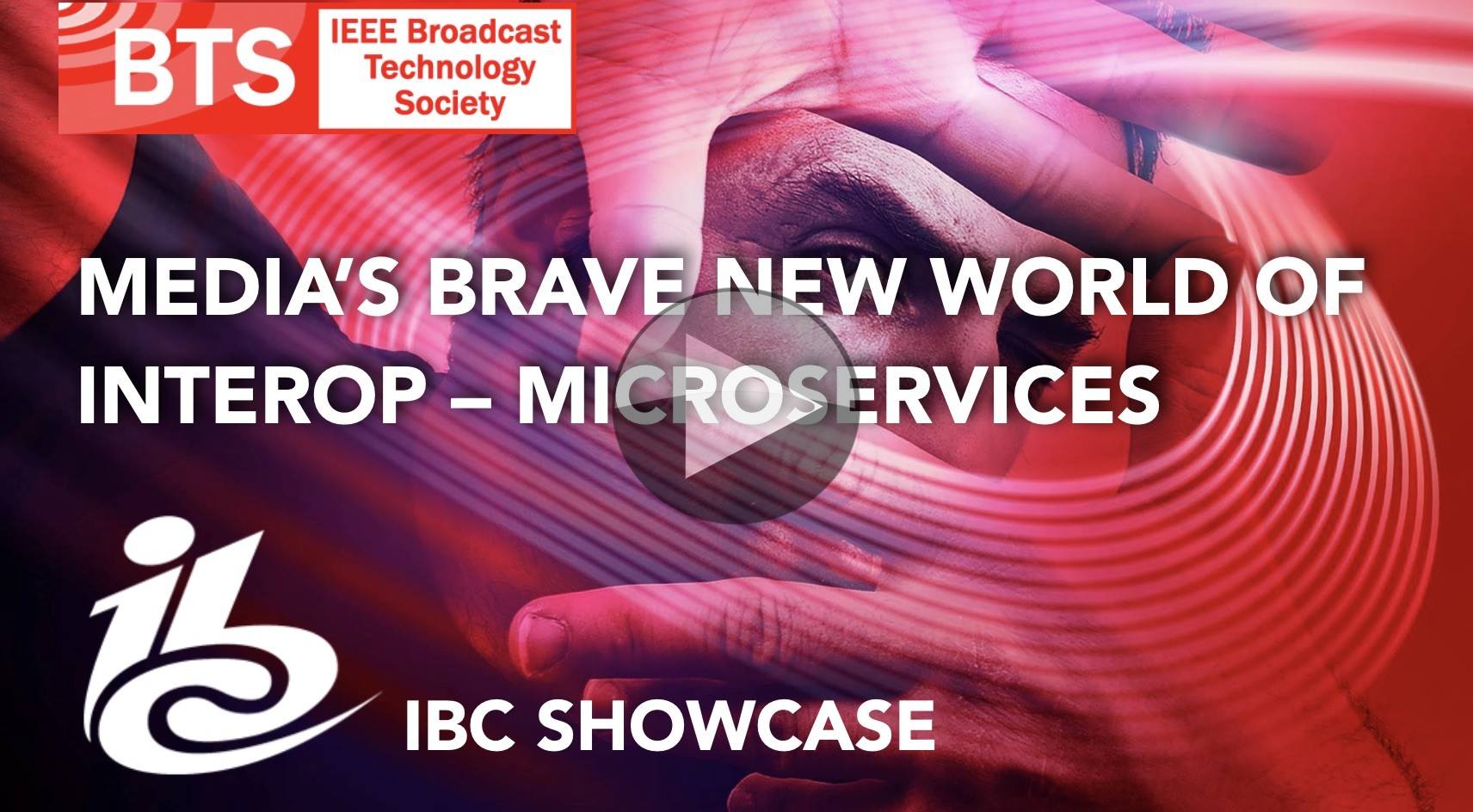‘Microservices’ can have several meanings, but centres on the ability to create a workflow from individual building blocks using very simple, individual services/programs running on a number of computers. Microservices are generally understood to improve interoperability, which is one of the many benefits of a microservices environment that this panel explores.
Splitting your work into microservices promises to allow your products to be deployed in a more automated way and may help them work with a decentralised structure (where such structure makes sense). Because microservices are intended to be very simple, self-contained programs, you can be very specific about what you run and therefore only pay for the compute you need, in a cloud context.
Watch now Free registration required
Indeed, the cloud is pushing software architects in the right direction. Whilst cloud isn’t intrinsically microservices-based, it’s highly modular which promotes similar coding practices in developers as they would need working directly with native microservices. For instances, many programs have an Amazon S3 interface. Working to this type of standard API is exactly what is needed for microservice architectures.
One of the benefits to splitting everything into the simplest building blocks is time to market. This can be considered in two ways, how long take it takes to update/change an existing workflow and how quickly you can iterate. Both linked, being flexible in the workflow means you can quickly iterate when necessary; you don’t need a two-year project in order to update your way of working and the cost of failure is low.
What’s the alternative to microservices? Often referred to as a monolithic, it’s actually more about a having about mono-workflow. When your workflow is wrapped up into one product or binary, you can’t easily integrate new elements into this workflow. Microservices allow data to flow in the ‘open’ and allow the workflow be rerouted. Data at all different parts of the chain is available to any program that needs it.
The aim of the OSA looking at fundamental issues that can’t just fix unilaterally by one customer leading the roadmap with a vendor, rather it is seeking a wider agreement on how to interoperate between all these services.
Watch now!Free registration required
Speakers
 |
Loic Barbou Bloomberg Television |
 |
Wes Rosenberg CTO, Levels Beyond |
 |
Ankur Jain Prime Focus Technologies |
 |
Shawn Maynard SVP & General Manager, Florical Systems |
 |
Moderator: Chris Lennon Executive Director Open Services Alliance |




